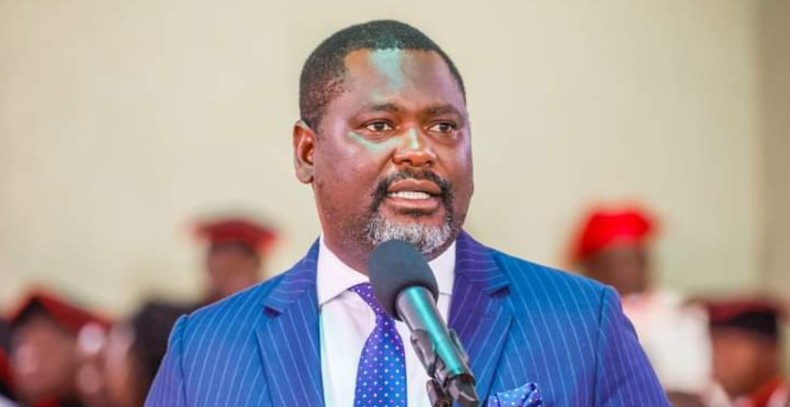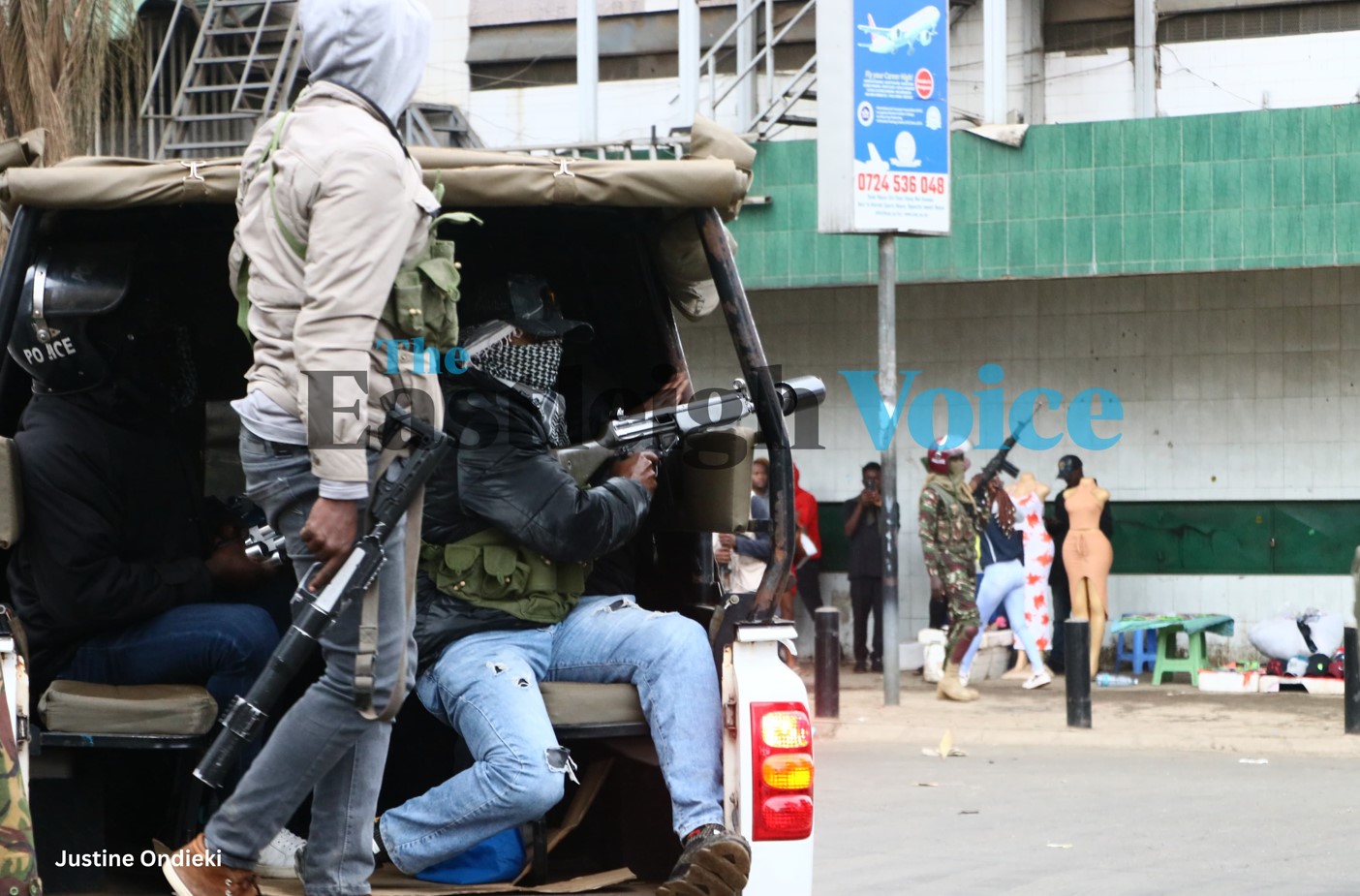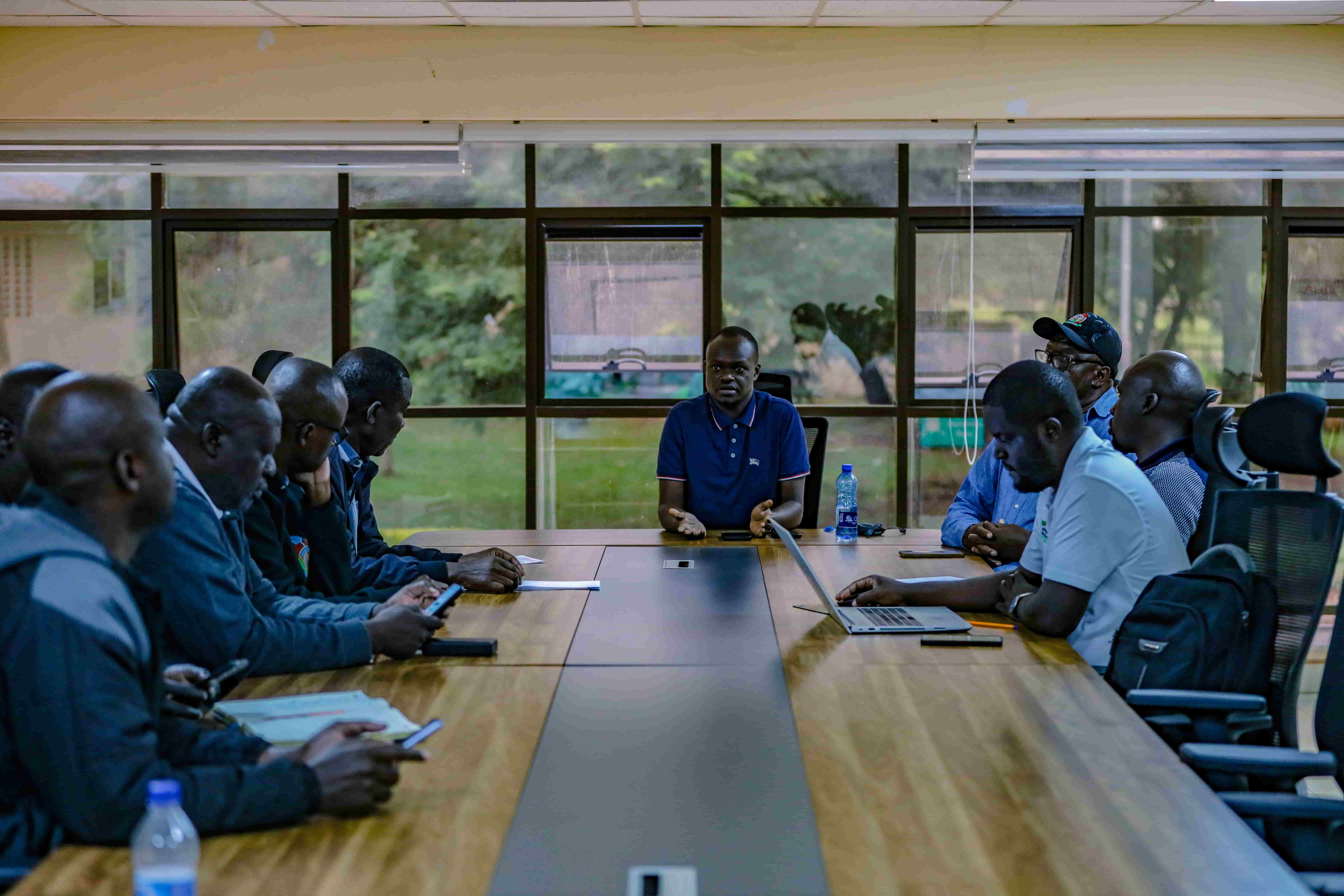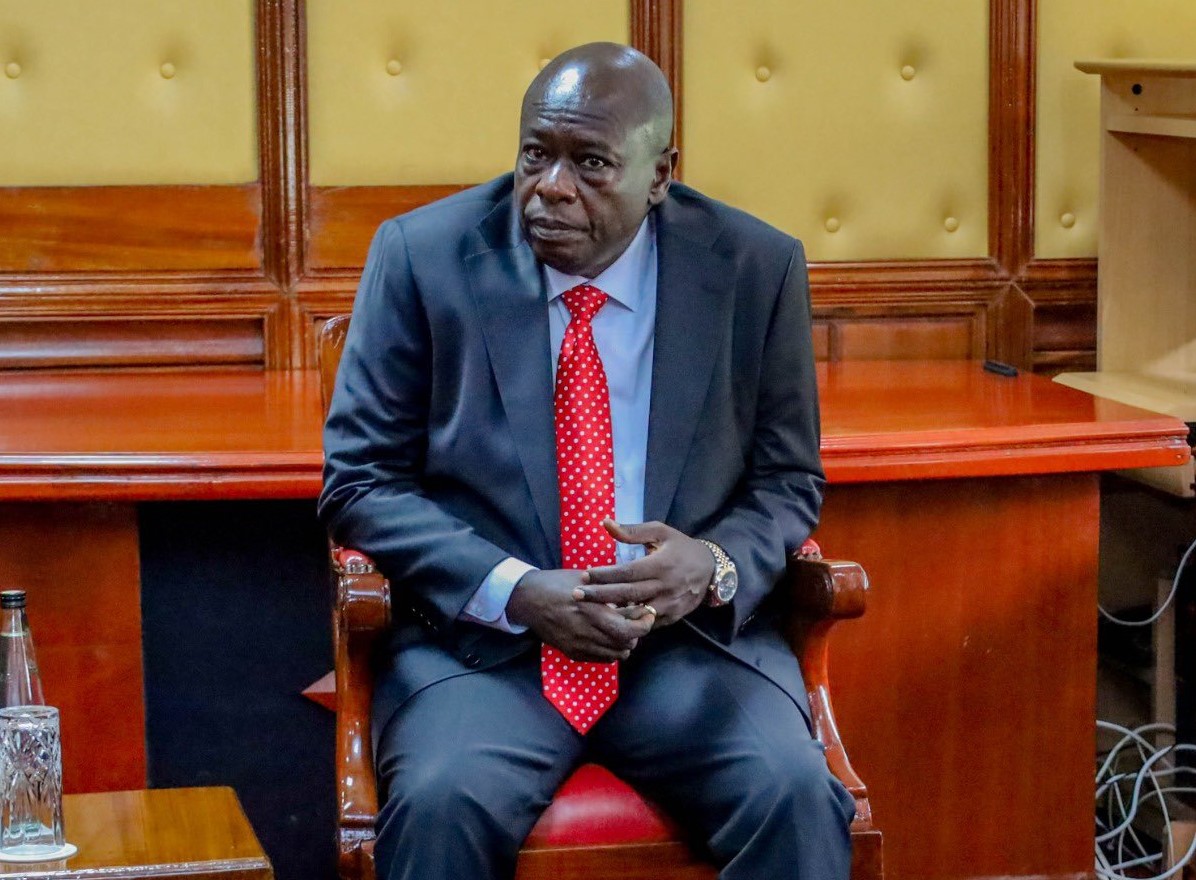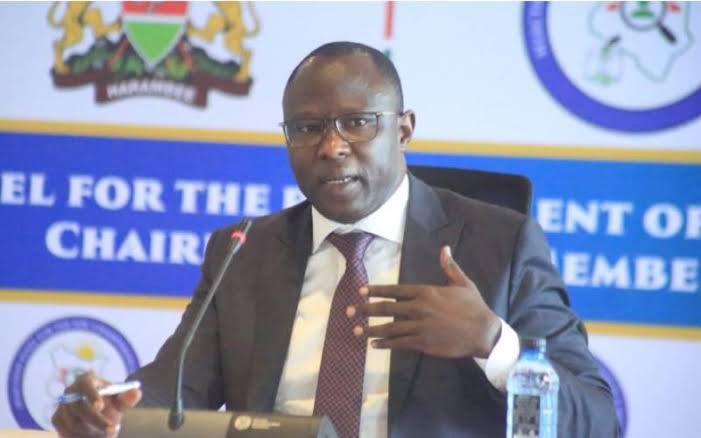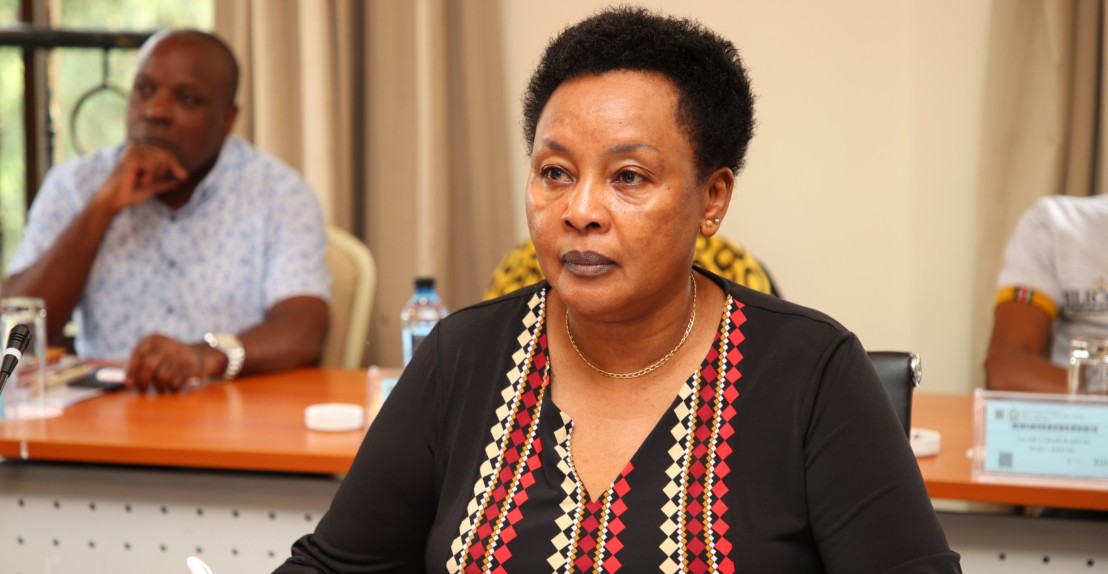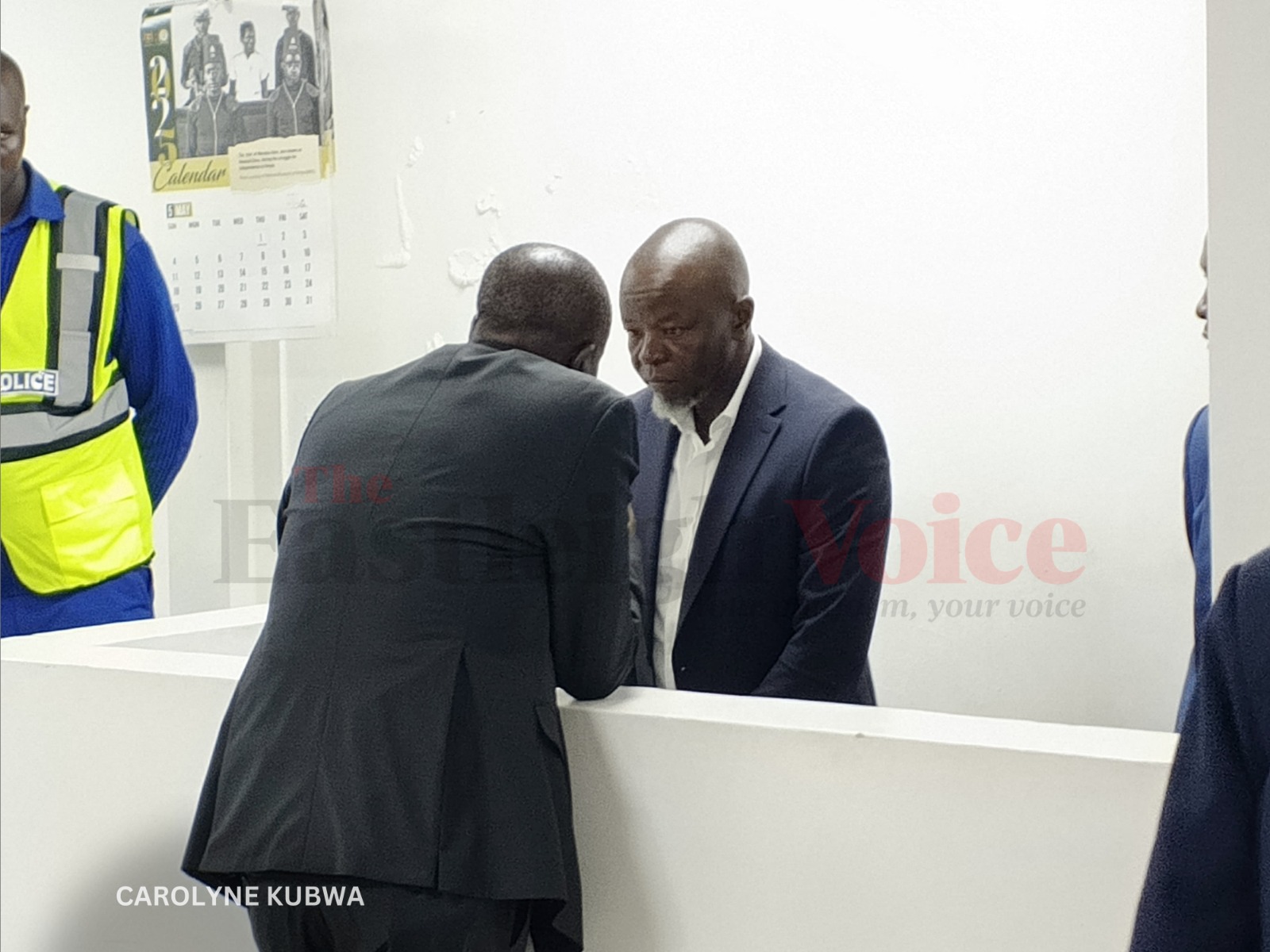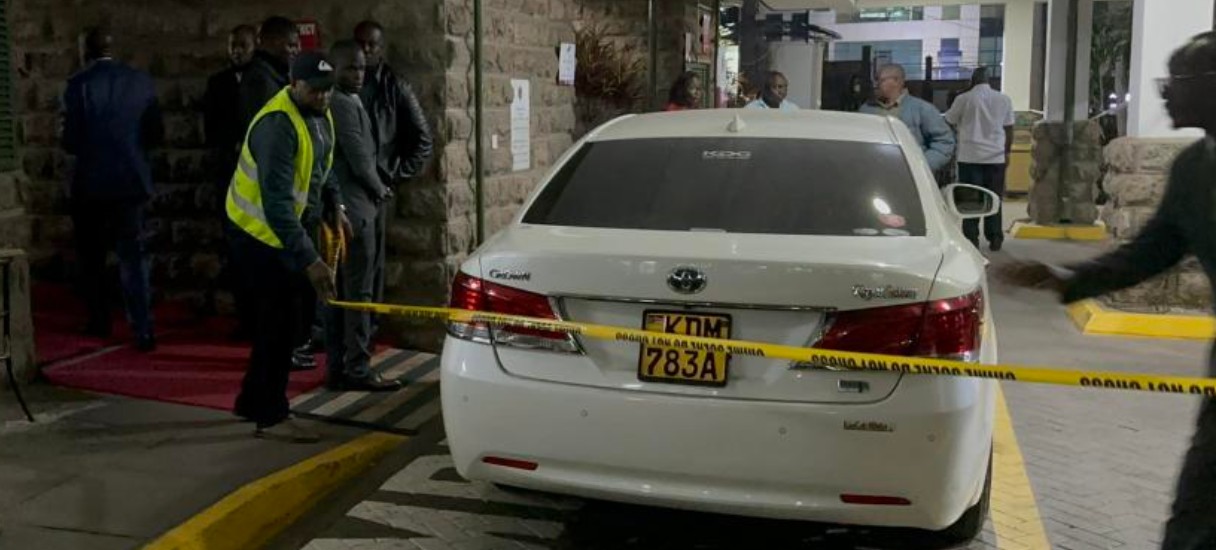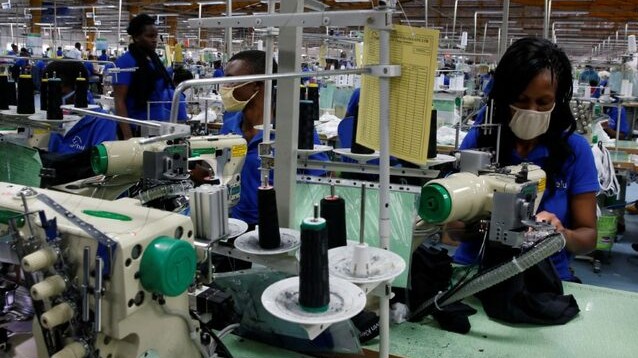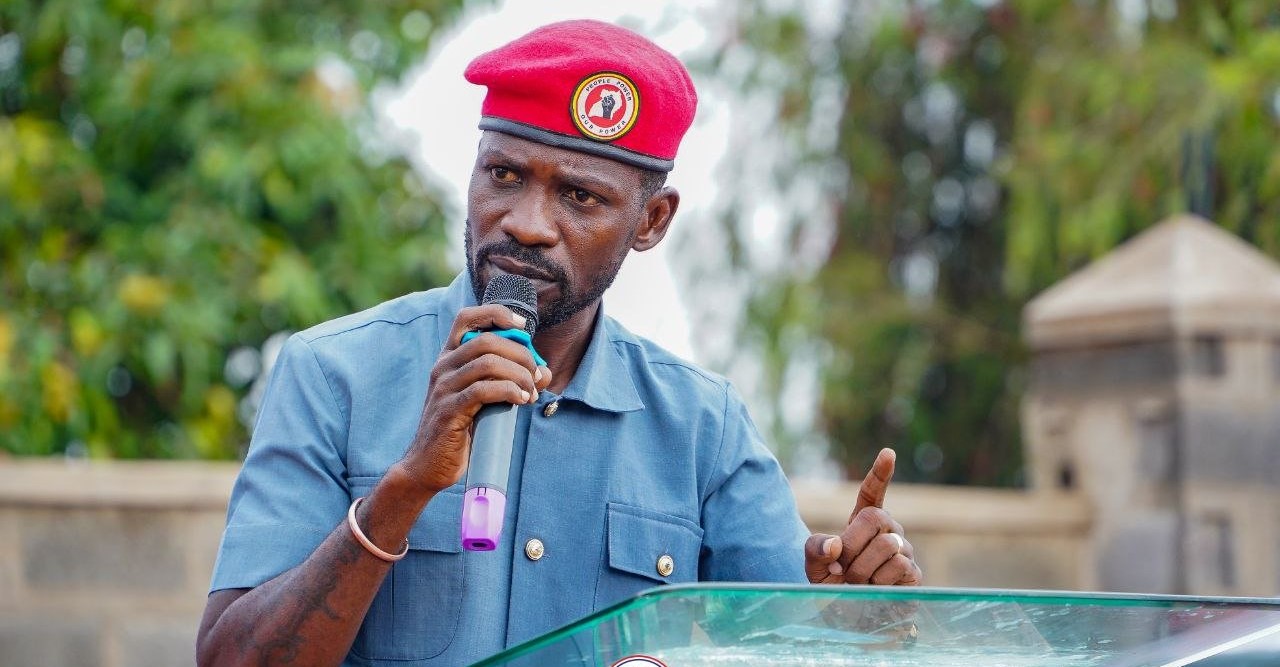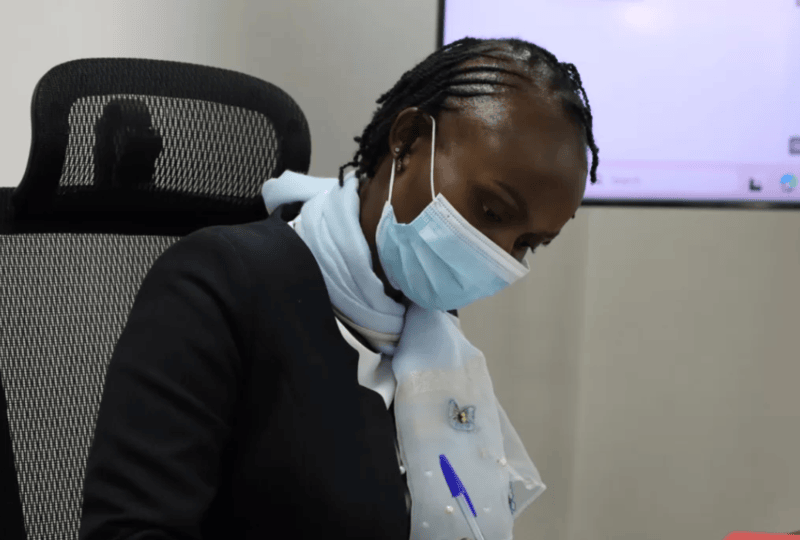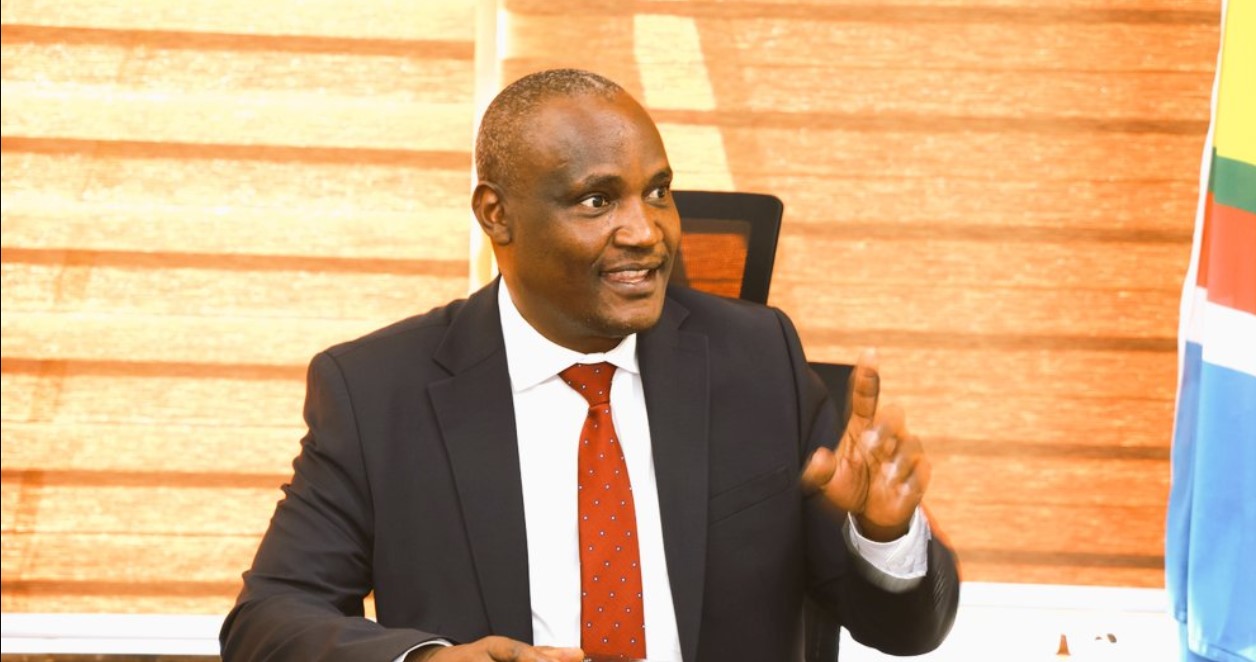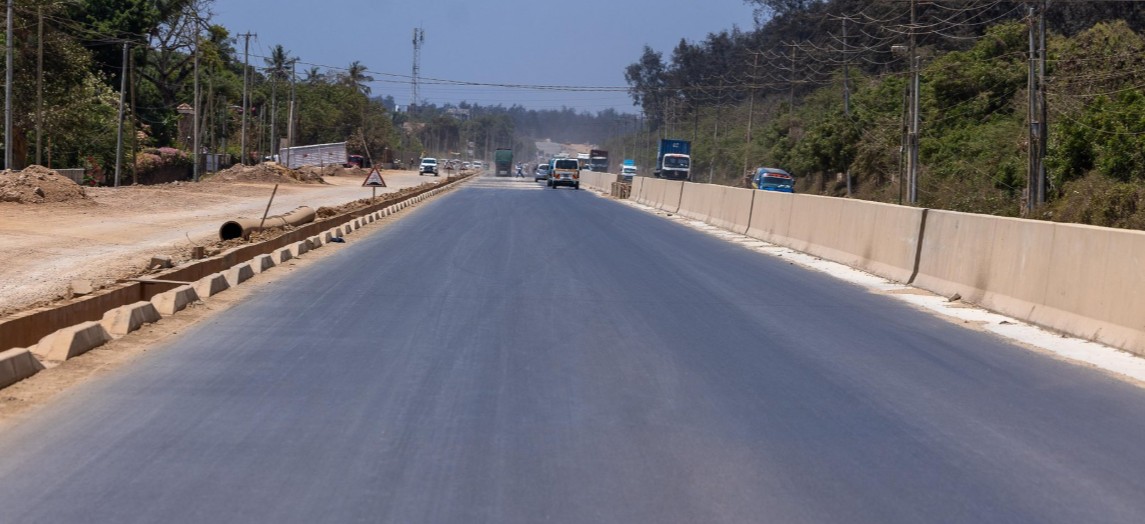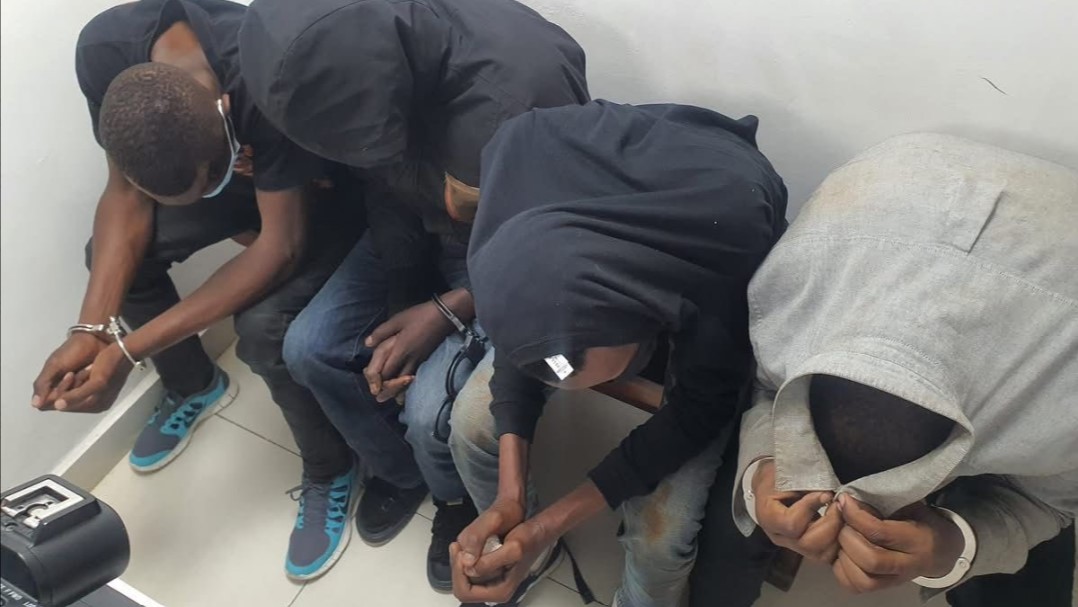Ruto nominates Political Parties registrar Ann Nderitu to IEBC in key electoral shift
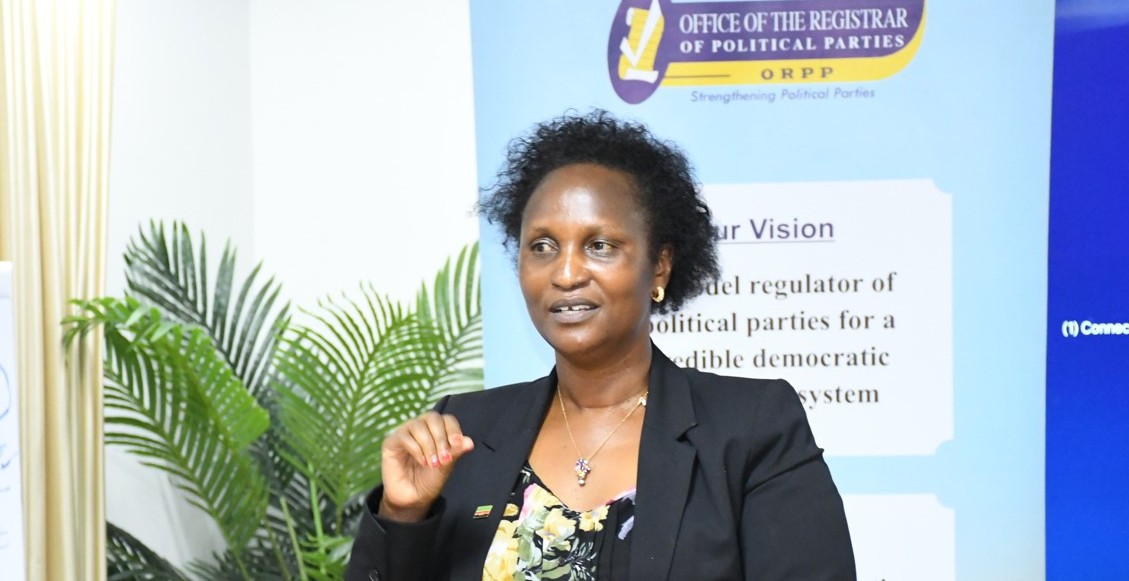
A seasoned public administrator from Nyandarua County, Njeri boasts 23 years of leadership and administrative experience.
Registrar of Political Parties Ann Njeri Nderitu has been nominated by President William Ruto to serve as a member of the Independent Electoral and Boundaries Commission (IEBC), marking a significant shift in her public service career spanning more than two decades.
Nderitu, who currently heads the Office of the Registrar of Political Parties (ORPP), was among six individuals nominated on May 8, 2025, pending approval by the National Assembly.
More To Read
- President Ruto nominates Erastus Ethekon as IEBC chairperson, six others as commissioners
- President Ruto receives final IEBC nominees report from selection panel
- Political tension escalates as opposition raises concerns over transparency, fairness of IEBC selection process
- Why lobby groups, opposition have little or no faith in reconstitution of IEBC
- IEBC needs transparency, clarity to regain public trust - Mohamed Dagane
- IEBC Selection Panel on the spot for secretly adding six candidates
The nominations were made pursuant to Article 250(2)(b) of the Constitution and Sections 5(4) and 7 of the IEBC Act.
If approved, Nderitu will transition from a key political oversight role into the electoral management body, bringing with her a wealth of experience in administration, education and electoral operations.
The other nominees include Moses Alutalala Mukhwana from Kakamega, Mary Karen Sorobit (Uasin Gishu), Hassan Noor Hassan (Mandera), Francis Odhiambo Aduol (Kisumu), and Fahima Araphat Abdallah (Lamu).
The list has been forwarded to the National Assembly for vetting, in line with legal provisions.
A seasoned public administrator from Nyandarua County, Njeri boasts 23 years of leadership and administrative experience. She was appointed Registrar of Political Parties in 2020 by former President Uhuru Kenyatta following a competitive recruitment process and parliamentary vetting.
Before heading the ORPP, she held several leadership roles at the IEBC, including Director of Voter Education and Partnerships, Head of Electoral Training, and Manager of Partnerships. She is credited with designing and overseeing large-scale electoral training programmes, civic education initiatives, and stakeholder engagement frameworks.
“In a single electoral cycle, my department trained over 750,000 trainees in a cascaded approach,” Nderitu said, reflecting on her time at the electoral commission.
Her background in education is equally robust. Nderitu served as a District Quality Assurance and Standards Officer (DQASO) in Kiambu West between 2006 and 2008, later rising to become the District Education Officer (DEO) in Mbooni East, Makueni, where she was in charge of education management across the district.
A teacher by training, she earned a Bachelor of Education in English and Literature from Moi University in 1995, followed by a Master of Arts in Linguistics from the University of Nairobi in 2007. She later attained a Diploma in Public Administration from the Galilee Institute of Management in Israel in 2018.
“Holding a diploma in ECD gave me the opportunity to train thousands of teachers at certificate and diploma levels in addition to establishing centres of excellence where the teacher trainees went to benchmark, especially in preparation of teaching aids and conduct of outdoor activities,” she says in her LinkedIn profile.
Nderitu has kept her personal life private, with little known publicly about her family. Her income largely stems from her official salary and allowances as a state officer, a role that comes with significant perks.
The Selection Panel for the IEBC shortlisted Nderitu among 105 applicants, citing her extensive experience in both political and electoral systems.
Her nomination, once approved, is expected to inject a deep understanding of political party dynamics and electoral processes into the reconstituted IEBC.
Top Stories Today

